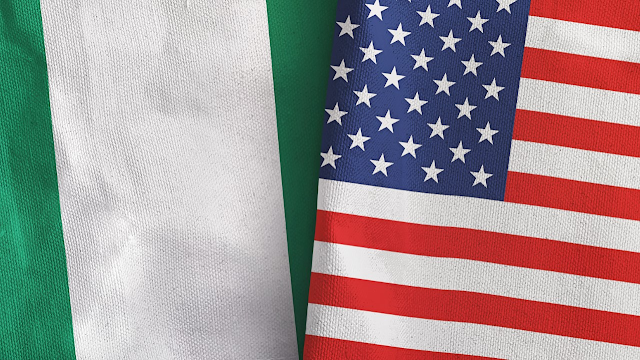The Nigerian diaspora in America is significant and flourishing, which would be a surprise to most Americans. African immigrants and the ways in which they shape our country’s culture are often neglected in public discourse on immigration.
Nigerian immigration to the U.S., however, is a well-established shift with a substantial impact on life across both continents. In 2017, U.S. residents sent over $6 billion in remittances to Nigeria, more than any other African nation. Nigeria, the seventh most populous country in the world with 206 million residents, is the top birthplace among African immigrants in the United States. Nigerian immigrants are the most highly educated of all groups in the U.S., with 61% holding at least a bachelor’s degree, compared to 32% of the U.S.-born population.
With the Nigerian-American community being so impactful, it’s worth exploring the immigration journey and how it will shape both countries over time.
Immigration from Sub-Saharan Africa
The United States is home to over 2 million sub-Saharan African immigrants, though the growth is fairly new. As of 1980, there were just 150,000 such immigrants in the U.S. The flow of new residents from sub-Sahara's largest countries, from Nigeria, to Ghana, to Somalia, has accounted for most of the American diaspora’s population growth—and today, immigrants from sub-Saharan Africa comprise 84% of all immigrants from the continent.
Challenges and Achievements
Immigration is deeply woven into the fabric of America’s history and culture. Nevertheless, the process of cultural and logistical integration into American society is challenging for immigrants. From onerous visa requirements to the high cost of travel to the country (let alone the cost of living), U.S. immigration has the capacity to be self-selecting, and high achievers across immigrant groups are the mostly to thrive.
If there’s any well-known cultural fact about Nigerians, it’s that they value excellence in all forms and are truly dedicated to achievement—so it shouldn’t come as a surprise that Nigerian immigrants are more likely to occupy management positions in the U.S. than any other foreign-born population.
Nigerians in American Society
Nigerians still comprise a small fraction of the U.S. population, but their impact on American society continues to grow. Forensic pathologist Dr. Bennet Omalu was the first to discover and publish on chronic encephalopathy in American football players, later portrayed by Will Smith in the 2015 film Concussion. Nigerian-born Pearlena Ogbokwe is the president of Universal Studio Group, the first woman of African descent to head a major U.S. television studio. Imelme A. Umana, the first black woman elected president of the Harvard Law Review, is Nigerian-American.
As Nigerian-Americans continue to integrate into American society, we can safely expect to see more people like Ms. Ogbokwe, Ms. Umana and Dr. Omalu in the news, shaping American culture and life with the shared values of enterprise, excellence and execution.
Our Future
It is estimated that Nigeria’s population will surge by hundreds of millions this century, becoming the world’s third most populous country by 2100—and as Nigeria’s population grows, Nigerian immigration to the U.S. will likely grow in tandem. As of 2015, the Nigerian-American population stood at 376,000, up from just 25,000 in 1980. With so much growth in store, and so many outstanding accomplishments achieved by Nigerian-Americans, it's easy to feel excited for the future of America, Nigeria, and all those in their vast circle of impact.
Ethan Andersen is the Head, Marketing and Corporate Communications for UBA America, the U.S. branch of United Bank for Africa (UBA).


No comments:
Post a Comment